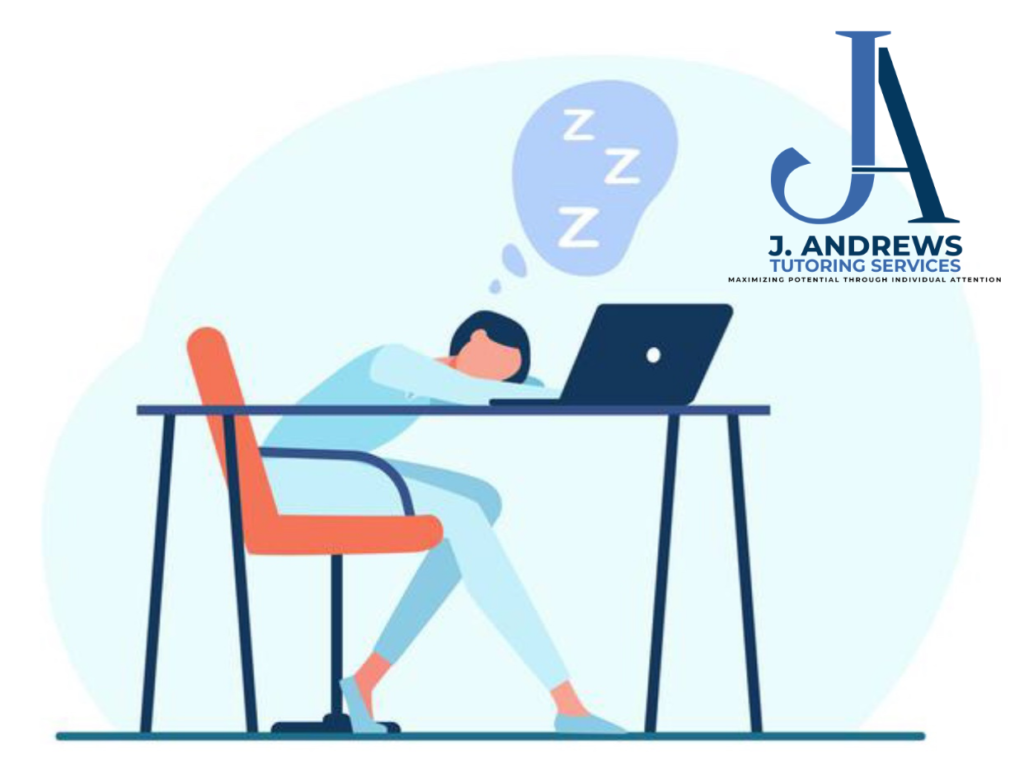Organization and Time Management
When students complete their assignments on time and study for exams ahead of time, they are less likely to encounter burnout. Using a calendar to efficiently manage time and deadlines will help you keep track of goals and deadlines, stay on track with commitments, and prevent procrastination.
Organize your responsibilities
Breaking down long-term goals or large projects into smaller, more manageable milestones will help you escape the tension that comes with last-minute projects and pulling all-nighters. Burnout happens when people refuse to set smaller targets, meet them, and feel good about their accomplishments before moving on to the next step of a project.
Set realistic goals
While stress is not the same as burnout, if it is not handled properly, it may lead to burnout. Being too confident about your ability to accomplish your goals, taking on more courses than you can manage, and having a social life that leaves no time for work can all contribute to catastrophe. It’s important not only to stop taking too many lessons, but also to ensure that you take a range of them. Even a student who is passionate about psychology can find that taking only psychology courses is too exhausting. Setting unattainable targets, on the other hand, often leads to students giving up rather than persevering.
Listen to your body!
It seems to be common sense, and it is. Eating well, exercising regularly, and having enough sleep are all necessary for keeping on track and preventing burnout induced by normal stress. Additionally, aim to schedule time for stress-relieving activities such as calming walks, swimming or other physical activity, daily deep breathing, or any other activity that you enjoy and is not stressful. Know that watching TV or spending time on the internet does not necessarily alleviate stress; it merely helps it to rest. Since they release healthy endorphins and assist in sleep, the most powerful stress-relieving practices are either relaxing ones like meditation, yoga, walking, and breathing, or physical activity and sport. Including these things in your everyday routine will make you feel better and maintain a healthier life balance, which will help you prevent burnout.


